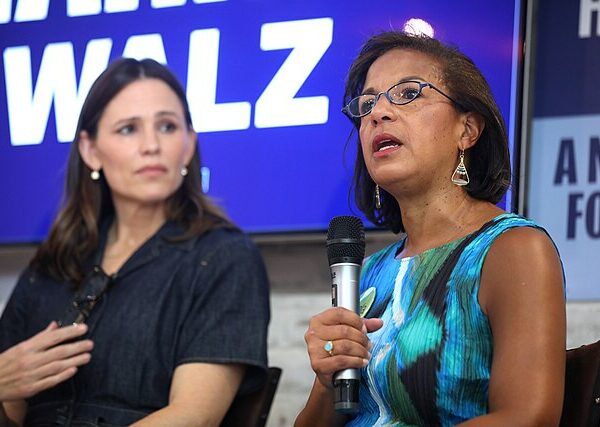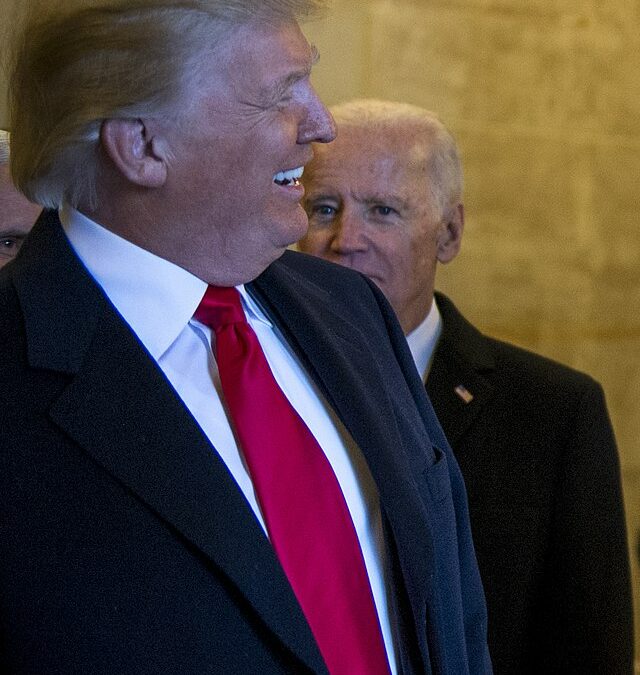
Governor Ron DeSantis is taking aim at Congress—his own party included—for failing to pass a single one of the Department of Government Efficiency’s (DOGE) proposed spending cuts. Despite Republican control of both chambers, the sweeping reform plan backed by Elon Musk remains untouched, even as Musk officially ends his government service.
“DOGE took on the swamp—and so far, the swamp has won,” DeSantis declared during a press event in Tallahassee. He praised Musk’s $175 billion in identified savings but called out Congress for letting the reforms stall. “We’ve got a Republican majority, a mandate for change, and not one cent has been cut. Don’t tell me it can’t be done.”
🚨 BREAKING: Florida Governor Ron DeSantis just went OFF about no DOGE cuts being voted on by Congress.
"DOGE fought the swamp, and so far, the swamp has won."
"DON'T tell me it can't be done."
"@ElonMusk went into this DOGE effort – he was getting LAMPOONED…firebombing his… pic.twitter.com/jYSwJS8doC
— Eric Daugherty (@EricLDaugh) May 27, 2025
The Tesla founder confirmed his exit in a post on Twitter earlier this week, marking the end of his tenure as a Special Government Employee under President Donald Trump. “The @DOGE mission will only strengthen over time,” Musk wrote, while thanking Trump for the opportunity. Though the $175 billion in cuts is a significant sum, it still falls short of the $1 trillion initially promised.
As my scheduled time as a Special Government Employee comes to an end, I would like to thank President @realDonaldTrump for the opportunity to reduce wasteful spending.
The @DOGE mission will only strengthen over time as it becomes a way of life throughout the government.
— Elon Musk (@elonmusk) May 29, 2025
Elon Musk has recently signaled a shift—and it’s not subtle. The billionaire entrepreneur, once President Trump’s most high-profile ally in Silicon Valley, has grown increasingly critical of the administration’s economic agenda and is holding back a promised $100 million donation to Trump-aligned political groups.
Behind closed doors, Musk blasted Trump’s signature domestic spending package, warning it would balloon the deficit. He also took aim at a government contract awarded to a competing firm to build an AI data center in the Middle East—calling it a betrayal after his own attempts to steer federal tech policy.
Musk’s pivot comes as he formally exits his government advisory role, citing the need to focus on Tesla, SpaceX, and xAI. While Trump advisers insist the two remain friendly, Musk has made no secret of his frustration with Washington’s inertia and the resistance he faced while trying to slash bureaucracy through the Department of Government Efficiency.
His political money reflects that frustration. Musk was the largest known donor of the 2024 cycle and told Trump’s team he’d contribute $100 million before the 2026 midterms. But as of this week, not a dime has come through. Multiple sources close to the discussions confirm the delay, suggesting the once-ironclad alliance between Trump and Musk may be entering a new phase, according to The New York Times.
The political headwinds aren’t just intensifying from Musk. While Trump is demanding a comprehensive budget and tax bill, a growing number of congressional Republicans are joining Democrats in resisting the DOGE package—particularly its proposed cuts to foreign aid, bureaucratic overhead, and public broadcasting.
Senator Rand Paul recently broke ranks with his party, torching the House GOP’s “Big Beautiful Bill” as a fiscal betrayal that would explode the national debt and erase any credibility Republicans have left on spending restraint.
In a fiery appearance on Sunday Morning Futures, the Kentucky Republican said he might support the bill’s tax cuts and regulatory reforms—but not if it means voting to raise the debt ceiling by $4 trillion. “That’s just not conservative,” Paul said, blasting the package as a reckless surrender to Washington’s worst habits. “Someone’s got to stand up and say debt is wrong.”
Though typically aligned with President Trump, Paul warned that if Republicans jam the bill through via reconciliation, they’ll “own” the coming wave of red ink—no more blaming Biden. “The deficit is fully and completely owned by Republicans after this bill,” he declared.
With the national debt already near $28 trillion and deficits projected to exceed 6% of GDP within a decade, Paul’s warning comes as a growing chorus of fiscal hawks question whether the Trump-era GOP still stands for limited government. Despite supporting the bill’s tax elements, Paul said even those benefits are outweighed by the long-term damage of borrowing to pay for them.
Despite public support—polls show nearly three-quarters of Americans want to slash wasteful government spending—political gridlock continues to paralyze reform efforts. Musk’s high-profile departure adds another layer of uncertainty, as he returns to private-sector priorities at Tesla and xAI following a bruising stretch of media attacks, legal skirmishes, and even vandalism at Tesla facilities.
[Read More: Brutal GOP Civil War Happening In Ohio]











